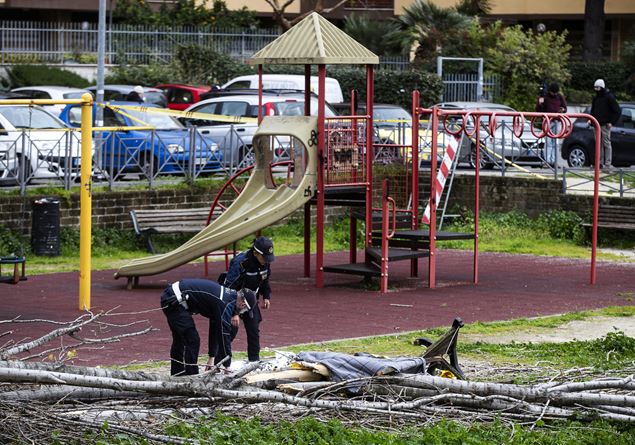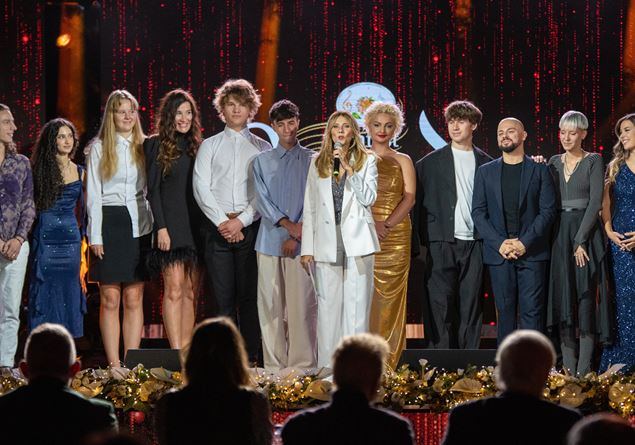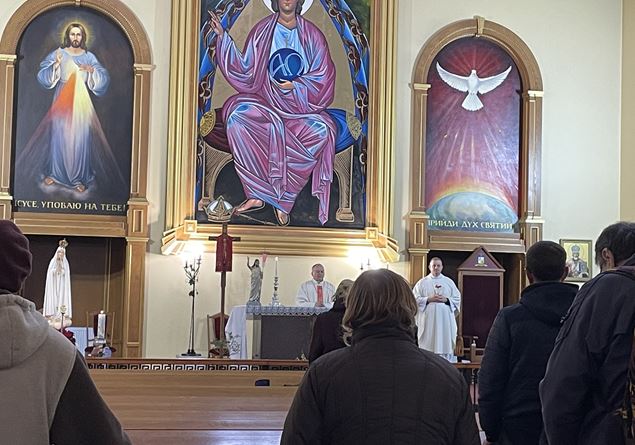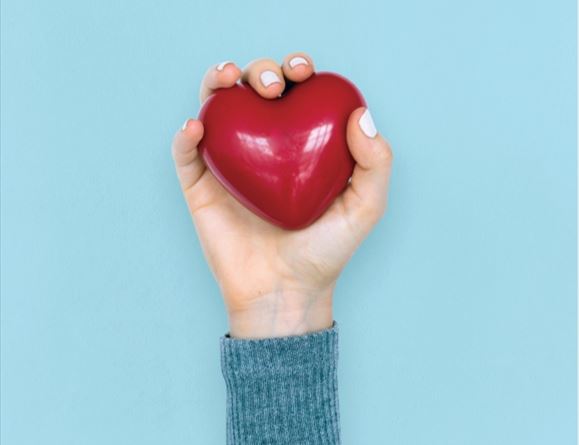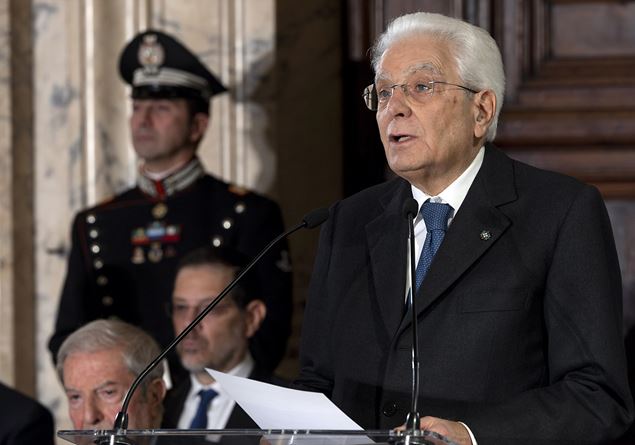
by Sandro Calvani and Alberto Mattioli
We are perhaps becoming aware of how the erosion of truth and trust in the society we live in is caused by an overwhelming flow of information; this often makes it difficult to distinguish fact from fiction. The true from the false. The highly accelerated digitalisation has also been affecting the political sphere for some time and the upheavals it produces in democratic processes and in our lives are massive, epochal. Stunned by the frenzy of continuous communication, we find ourselves helpless in the face of a system that transforms human beings into sources of data to be extracted. THEOur way of thinking and intervening in the world, our relationship with the truth are inexorably changing. Immersed in infocracy, in which freedom and surveillance coincide, we risk witnessing the decline of the era of truth.
The worrying result is therefore the erosion of public trust in institutions, facilitating the spread of disinformation and propaganda, ultimately undermining democratic processes. The elections in the USA are the clearest proof of this. This is the infocracy that can be exploited by those in power to manipulate public opinion and maintain control over it. This can lead to the erosion of freedoms and the rise of authoritarianism, a phenomenon evident in the 25 democratic countries that had elections in 2023/24.
At the same time the “social tiredness” that is expressed in the burnout society has similar consequences that are equally evident and we could say hemorrhagic, that is, like open veins that leak the blood of supportive and ethical humanism. We see less vibrant civic engagement, characterized by emotional exhaustion, cynicism, and a reduced sense of personal accomplishment; phenomena and perceptions that can lead to disengagement from civic and political life. This apathy can weaken democratic participation and leave more space and influence for illiberal forces.
The recent studies of Byung-Chul Han, Korean Catholic philosopher on infocracy (BC Han, Infocracy, Einaudi 2023) and on society in burnout (BC Han, Society of tiredness, Nottetempo 2020) have well illustrated how the intersection between these two phenomena poses significant new challenges to various aspects of global well-being, especially in the West, with an in some cases devastating impact on democracy, conscious entrepreneurship, the reduction of inequalities and, ultimately, world peace. Han has well identified the new Western risk of war in people’s heads, which arises precisely from infocracy (the true power “without rules”) and mental tiredness.
THEn a burnout society, the constant pressure to produce and achieve results can lead to a focus on short-term gains over long-term sustainability. This can stifle innovation, reduce entrepreneurial awareness and hinder the development of solutions to pressing social and environmental problems. Burnout disproportionately affects those in precarious or demanding jobs, often exacerbating existing inequalities. The resulting stress and exhaustion can make it difficult for individuals to escape cycles of poverty and marginalization and can give rise to unpredictable expressions of violence. Furthermore, too many people become both victims and victims, they are slaves to themselves, they hurt themselves.
Increasing national and international polarization, conflict, even conflict with oneself, and inequality fueled by infocracy and burnout create a more unstable and less peaceful world. The lack of trust and cooperation makes it difficult to address global challenges such as climate change and poverty, increasing the risk of conflict and instability. Recognizing and describing the serious risks of infocracy and the society of tiredness are the first steps towards understanding the anthropological consequences of the largest and most invasive mutation of human life and how the liberation of minds is therefore necessary. A self-criticism of the information system as a whole which needs to focus on ethical rules for the new news dissemination channels together with a media education capable of listening and more widespread, can be useful tools and antidotes for designing and helping to build a more peaceful, equitable and sustainable society.
(Reuters photo: Chocolate bars in a New York store with the faces of Kamala Harris and Donald Trump)





